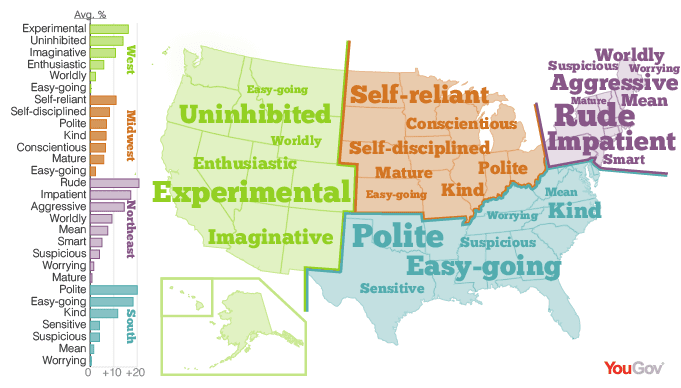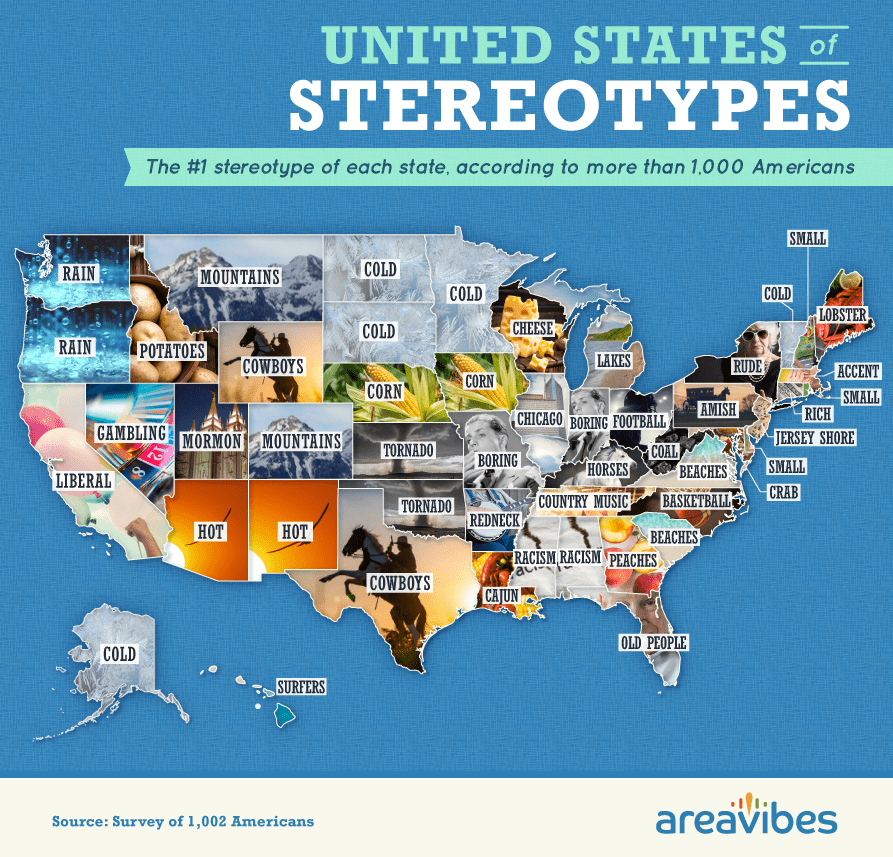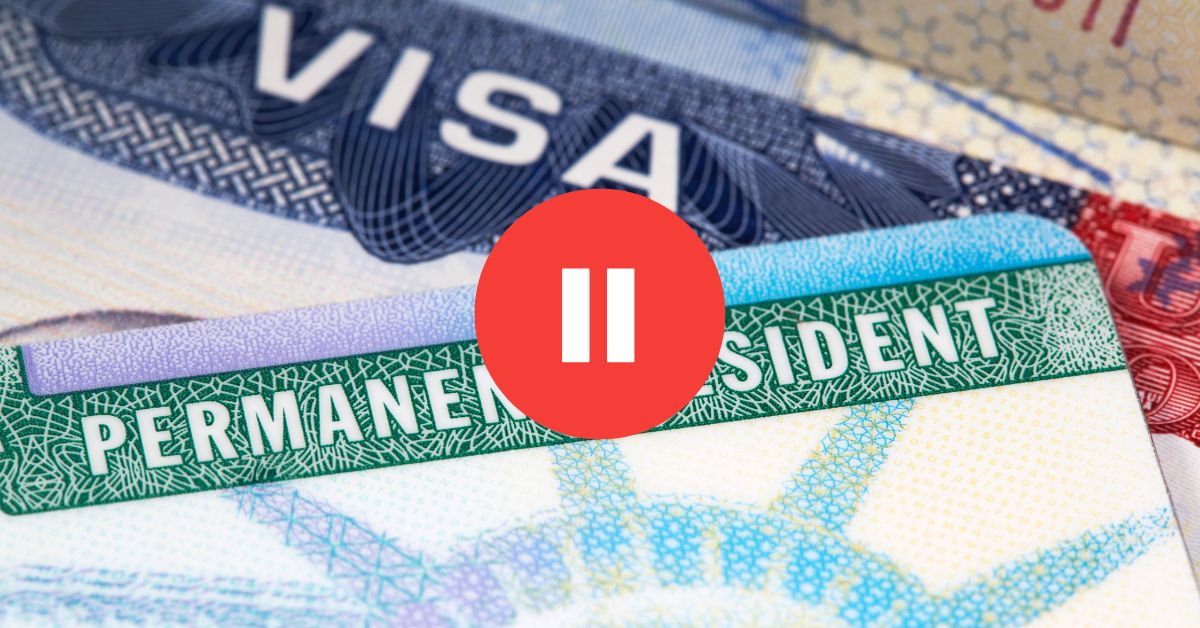Every different country around the world has a different internal structure. Some have states and territories, some don't, some have localities with their own rules, some don't, and some have a federal structure that outlines exactly how the powers interact. But in the U.S. it extends beyond laws and regulations into culture, language, and more.
This seems like an odd topic to write about but it's actually crucially important when it comes to moving to America from another country, so I'm going to start with explaining why.
Why is it important that federal and state powers are different in the U.S?
The reason this is so important goes to the questions that you're going to ask when you're moving to America. You might ask questions like “can I drive with a foreign license?” or “who can I call about taxes?” and the answer will be unique to which state you are planning to live in (or are currently living in).
Coming from Australia, I thought of other states as different geographic locations within what was basically the same place. When you travel from Adelaide to Sydney, sure, the scenery changes, but the rules are basically the same, and moving interstate is really just a logistics problem. However, in the U.S. you will find that States have more power and control over the rules and regulations of residents, and there are many situations where you need to know that.
Laws around tax, gun control, custody of children, marriage, divorce, driving, motor vehicles, business, and more are all unique to the state and city and therefore require you to be specific in your query. Looking online and reading the rules might lead you to believe one thing and find out later that you've been researching a different state's laws!
Tax is probably the most important one to take into account because you will now be paying different state taxes depending on where you live and in many cases you will have to add a city tax to the mix as well (all in addition to federal tax!)
Lots of other things differ state by state as well
Due to the size of the U.S., it's not surprising that it's not only laws that change state to state, but also businesses, culture, and language.
There are (usually considered to be) five regions of states of the U.S. which are commonly grouped together:
- Northeast
- Mid-west
- West
- Southwest; and
- Southeast
You'll find that different resources break things down differently, but this general guideline will be something that comes up in your move to America quite often.
To summarize the different sentiments about these regions, you'll find studies like this one from YouGov:
In this new nationwide survey, respondents were shown a list of 20 adjectives and asked which four they most associate with each main region of the United States – the West, the South, the Midwest and the Northeast – and the results were analysed to determine which words were particularly associated with a region.

This is in addition to concepts like the difference between West Coast life (laid back, surfing stereotype) and East Coast life (up-tight people sprinting between meetings), and while absolutely not the case for everyone, it will help you piece together how the country thinks about itself and will help explain lots of conversations where somebody mentions they're from the Mid-West (which is actually really the Mid East!?).
Here's another one from AreaVibes, surveying 1,002 Americans about the stereotype they think of when they think of each state:

The differences extend to food and culture, especially from those states that might have been settled in different ways and by different countries, and those who have held onto particular values different from others.
You'll also find that accents and language differ with things like how New Yorkers say that they're standing “on line” and not “in line”. Sure, this one isn't a big one, but it might throw you the first few times you hear it!
Does knowing the difference between state laws and customs really matter?
Sure, this might not seem like a big deal and in many cases, it's overly generalized but knowing this will help with your research.
You'll likely be able to find a lifestyle that you're more comfortable with if you start by searching for information on the region you're moving to. You'll understand local customs and trends better, and it will help your transition to a new country and new city.
Most importantly though, it's important when it comes to laws about living your life and what you're allowed to do. We're seeing states implement new laws surrounding issues like abortion and healthcare which you should absolutely be aware of before moving (or if you live there already) to ensure your personal safety and the safety of your loved ones.
That all being importantly said, it also gives rise to a great reason to (if safe) explore the United States. Driving over state borders can be like traveling to a different country, so take advantage of the fact that you can explore internally with a car (or plane to Hawaii and Alaska)!
How to make sure you take into account state differences when doing your research
When you're doing your research for planning your trip to America, be sure to not only look up “rules for driving in America” but include your state (and sometimes even your city) in that query. This will get you more accurate information and save you a whole of time getting confused about why different articles you're reading seem to have different nuances to everything.
Looking up “food in America” will find you some articles that will ultimately be very unhelpful, but searching for “food in Louisiana” will be sure to show you what's unique about that state and what's truly special about visiting or living there.


















